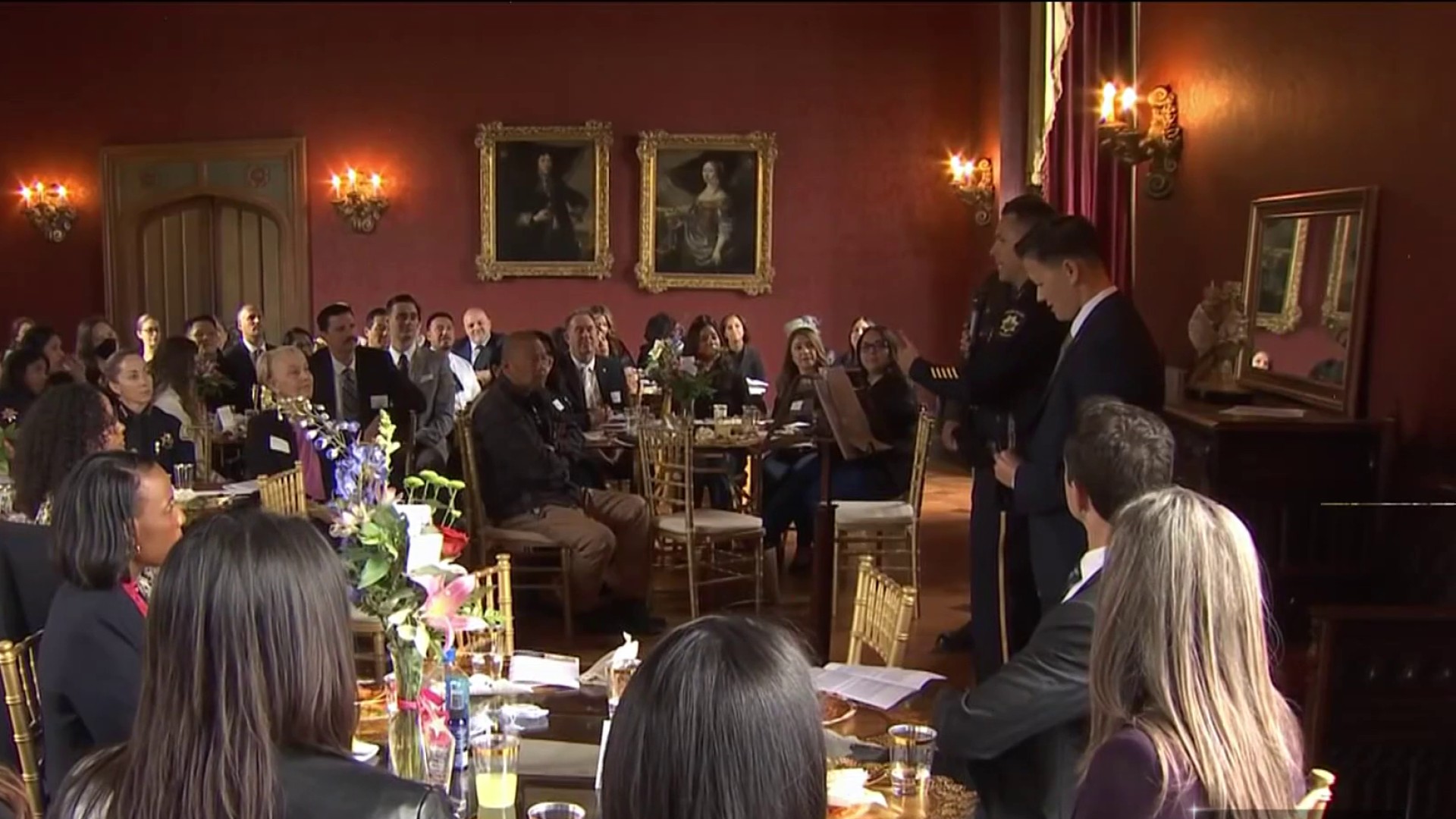Monday was the first day of World Cup soccer and controversy over the host country’s human rights issues is already taking center stage.
Several teams had announced plans to wear rainbow armbands to protest Qatar's stance on homosexuality. But those plans changed when World Cup organizers announced they would issue on-field penalties for any team choosing to protest.
In San Francisco’s outdoor viewing event in the South of Market District, one man stood out from the rest Monday.
Dr. Nas Mohamed wore his traditional Qatari clothes with a rainbow flag sash. Every time the crowd cheered, he bristled.
Get a weekly recap of the latest San Francisco Bay Area housing news. Sign up for NBC Bay Area’s Housing Deconstructed newsletter.
“Makes me worried about how this platform is being used for reputational laundering,” he said. “This is the reason I came out publicly this year.”
Mohamed said he's the only openly LGBTQ Qatari in the world. So, he feels obligated to raise concerns about his native country's human rights issues.
As the World Cup organizing commitee began revving up worldwide excitement about the games, it didn't sit well with Mohamed, who is openly gay.
Local
He sought asylum in the U.S. years ago to escape what he says are sometimes dangerous controls on LGBTQ people in Qatar.
The country defines homosexualty as a crime.
He said it was upsetting to see his country getting such a positive international spotlight given what he describes as the country's long history of human rights violations.
“It's sad that the World Cup is being held in a country where gay fans are welcomed, and the LGBT citizens of that country are fleeing to take asylum,” said Mohamed.
Just before the big match Monday between Team USA and Team Wales, Mohamed spoke to the audience at San Francisco's outdoor viewing area in SoMa.
It left an impression on some fans.
“Maybe the human rights issues didn't have as much attention in Qatar, it was not top of mind for people in America, until World Cup brought all the world looking at it so it's definitely mixed emotions,” said soccer fan Brady Law.
Mohamed said he's especially concerned about LGBTQ people in Qatar after the World Cup.
He worries the country's emir may tighten controls again.
“There are people right now preparing, they're packed, they are ready to leave Qatar after this World Cup to seek asylum, because they don't want to face the retaliation after this World Cup,” said Mohamed.
In addition to speaking out about conditions in his native country, Mohamed is also actively trying to help some of those people who are looking to seek asylum.



